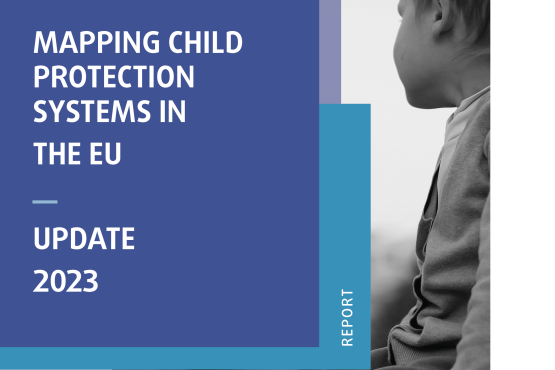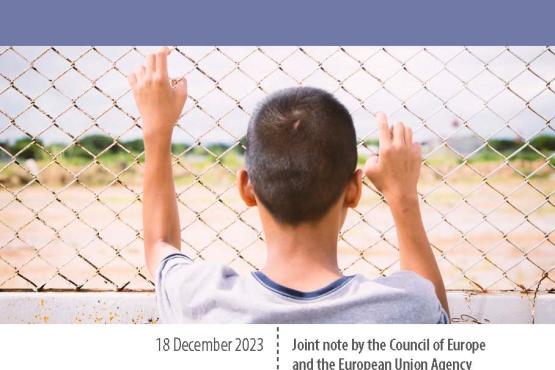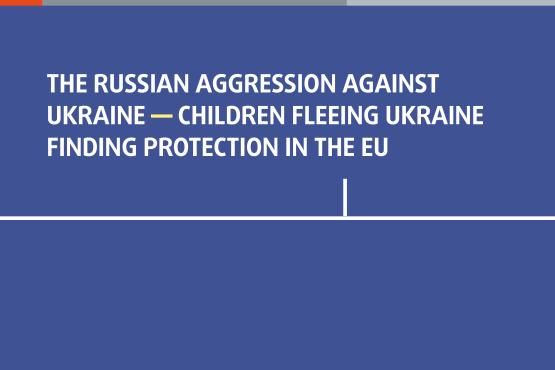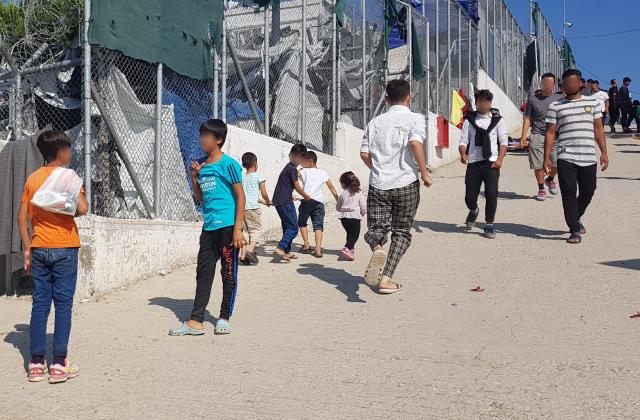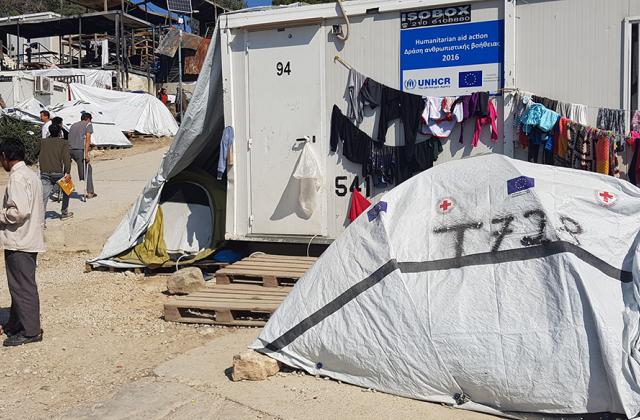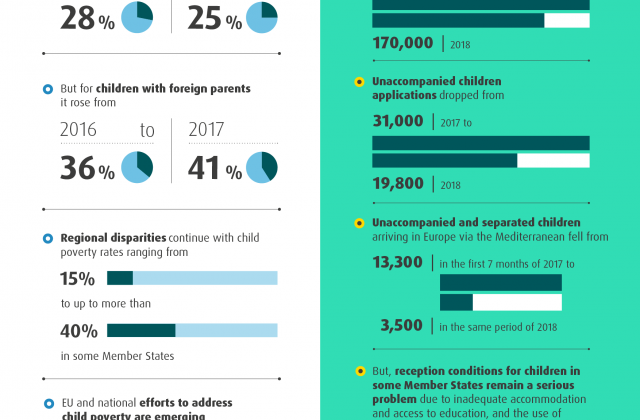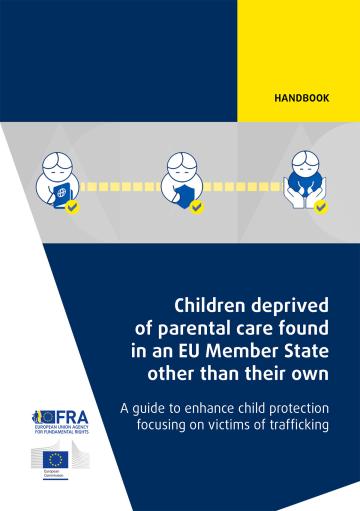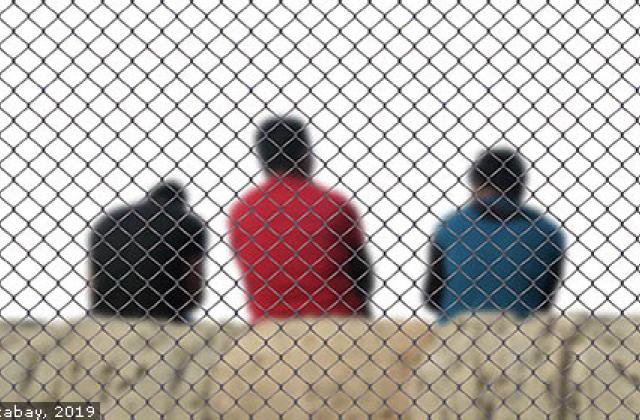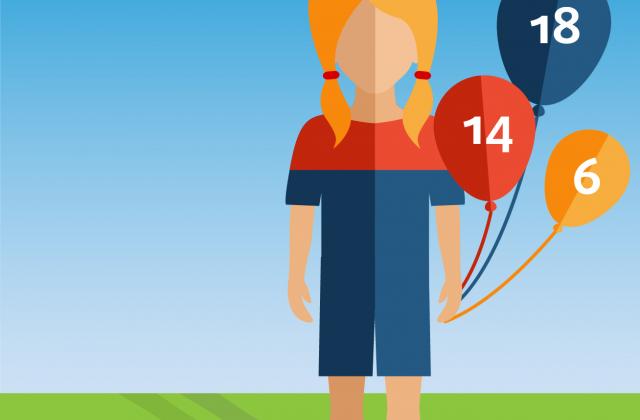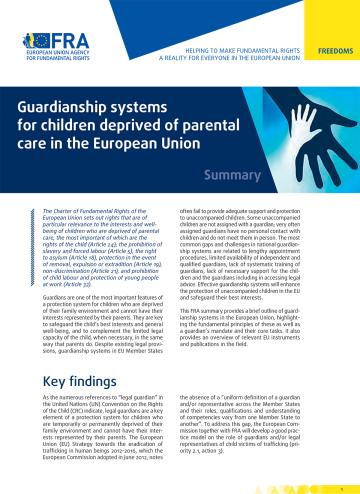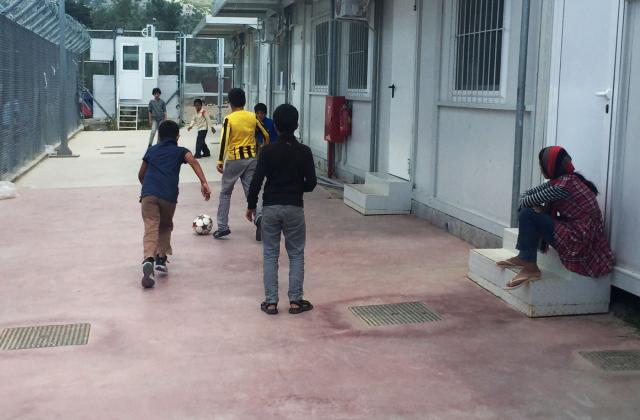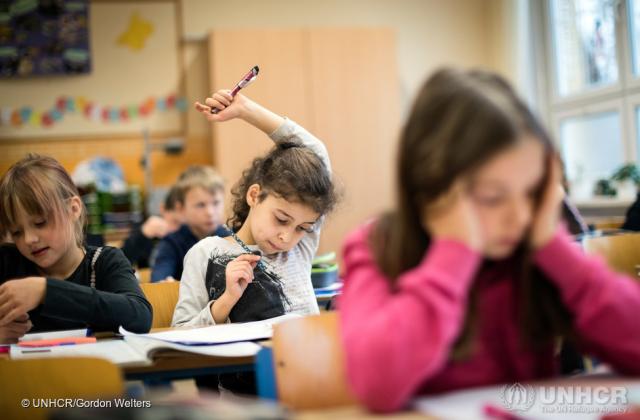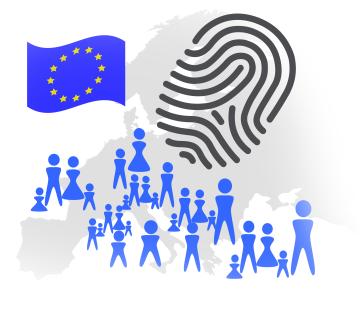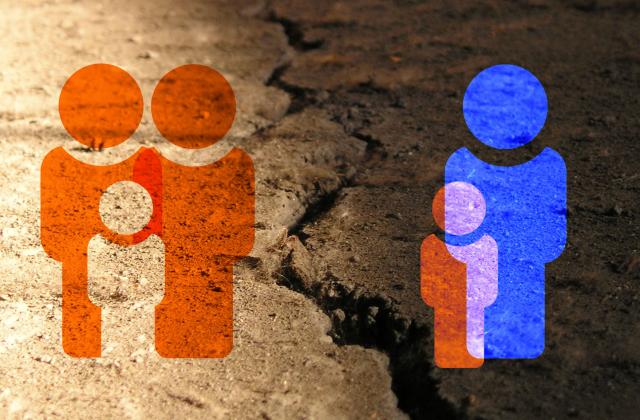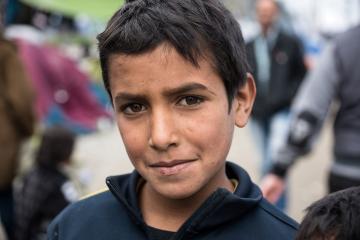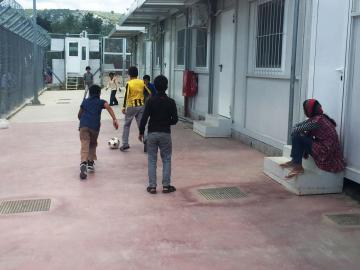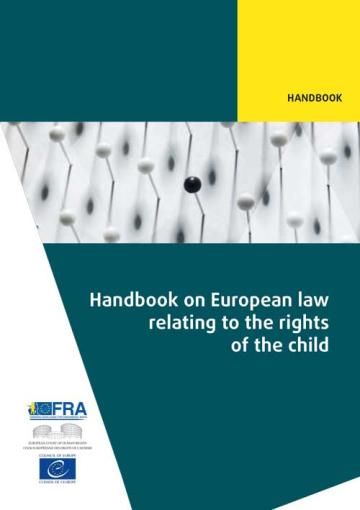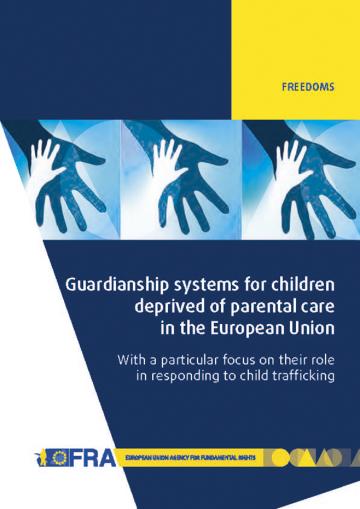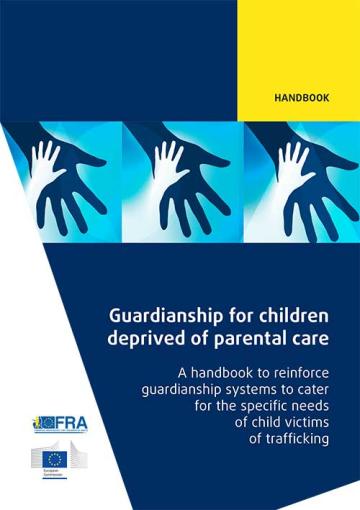Προστασία του παιδιού
Highlights
- Report / Paper / Summary31January2024Children’s rights exist to ensure the safety and wellbeing of every child. Improved child protection systems ensure that these rights are met. In recent years, the EU has taken significant steps to improve child protection systems. This mapping of child protection systems gives an overview of the state of such systems at national level and developments since 2015. It promotes the improvement of integrated child protection systems. It is an update of FRA’s mapping of child protection systems in 2015, based on data collected in 2023 in the 27 EU Member States. By publishing this, FRA aims to support securing the sustainable well-being, safety and rights of all children living in the EU.
- Report / Paper / Summary18December2023Council of Europe (CoE) and European Union (EU) Member States have an undeniable sovereign right to control the entry of non-nationals into their territory. While carrying out border control, states have a duty to protect fundamental rights of all people under their jurisdiction, regardless of their nationality, status, or age. Children as a category
of vulnerable persons with special needs require heightened protection. - Periodic updates / Series29September2023Russia’s invasion of Ukraine posed new challenges for the EU. Millions were forced to flee the war. As a result of the scale of people’s displacement, the EU activated for the first time the Temporary Protection Directive (TPD). More than 1.3 million children sought international protection in the EU. This bulletin explores the respect, protection and fulfilment of the fundamental rights of displaced children and ways to safeguard their rights. The third in a series, this bulletin builds on the evidence in FRA’s Bulletin #1 and #2 on the experiences of displaced people seeking safety in the EU.
- Handbook / Guide / Manual1March2023Το παρόν εγχειρίδιο έχει σχεδιαστεί με στόχο να συνδράμει φορείς, οργανισμούς και φυσικά πρόσωπα στην εκπαίδευση επιτρόπων ασυνόδευτων παιδιών ή στην εκπαίδευση εκπαιδευτών. Μπορεί να χρησιμοποιηθεί σε διάφορα πλαίσια κατάρτισης, όπως είναι η επαγγελματική και ακαδημαϊκή κατάρτιση, η πρακτική άσκηση και η συνεχής κατάρτιση. Το εγχειρίδιο βασίζεται στις αρχές των ανθρωπίνων και των θεμελιωδών δικαιωμάτων και στα πρότυπα δεοντολογίας, ενώ επίσης αναγνωρίζει ότι το παιδί και ο/η επίτροπος έχουν τις δικές τους προσωπικές ιστορίες, ικανότητες και δεξιότητες. Ενισχύει την αυτοπεποίθηση των επιτρόπων όσον αφορά την προώθηση των δικαιωμάτων και του συμφέροντος του παιδιού. Επιπλέον, τους/τις ενδυναμώνει προκειμένου να ενεργούν ανεξάρτητα και αμερόληπτα απέναντι σε διάφορους κρατικούς υπαλλήλους, παρόχους υπηρεσιών και μέλη της κοινότητας.

